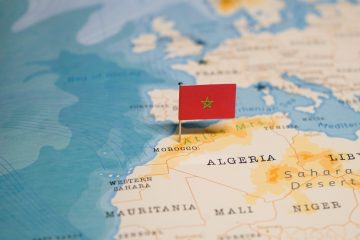
The Moroccan moment: Global engagement and domestic reform
The Moroccan moment: Global engagement and domestic reform Over the past decade, Morocco has revamped its international engagement, aligning it with its economic growth and domestic reforms. Morocco is committed to consolidating its status as a multipolar actor on the international stage. Moving beyond aid dependency, Morocco is firmly committed to fostering equitable partnerships with the global community. The nation’s strong commitment to expanding its trade partnerships and engaging with a wide range of stakeholders clearly reflects its enthusiastic pursuit of multilateral prominence on the global stage. The hosting the International Monetary Fund (IMF) – World Bank 2023 annual meeting in Marrakech in October was a keystone in this transformation. This article summarises a comprehensive report focusing on Morocco’s interactions …
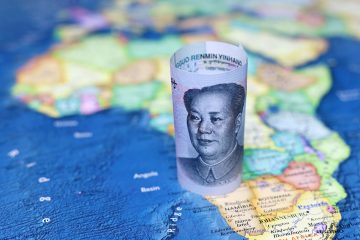
China’s Role in Restructuring Debt in Africa
Africa’s public debt burden has doubled from 2010 to date. Data from the International Debt Statistics Data as of December 2022 shows that African countries owe $ 644855.2 billion (USD). The International Monetary Fund (IMF) and the World Bank consider 22 low-income African countries to be either in debt distress or at high risk of debt distress as of November 2022. Debt distress in this context means a country is experiencing difficulties in servicing its debt. A high debt burden could risk the continent’s economic growth, development, and climate investments. The additional global economic downturn and falling commodity process could compound the issue for countries on the continent. While there is no immediate threat of systemic and financial collapse due …
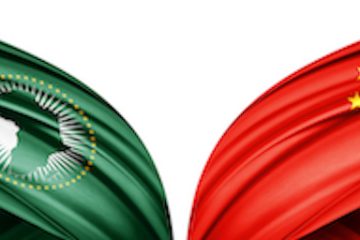
Bridging State Responsibility and Opportunities as African Countries Join in the Digital Silk Road
In 2015 China launched the Digital Silk Road (DSR hereafter). The DSR is an essential part of the One Belt, One Road (BRI) strategy with significant domestic and foreign policy objectives. China has made enormous investments that have allowed it to achieve rapid technological advancement and economic growth. As of 2021, Chinese firms were three of the world’s largest technology companies by revenue. According to the World Intellectual Property Organisation (WIPO), in 2020 China reported 1.5 million patent applications, 2.5 times more than the second leading country, the United States. The DSR is part of China’s plan to spread its technical and proprietary knowledge by building telecommunications, data, and financial infrastructure in countries participating in the BRI. The Nigerian digital …
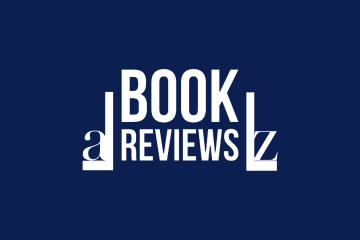
Democracy, Development and Income Distribution
A Review of Inequality and Democratization: An Elite-Competition Approach, by Ben Ansell and David Samuels In this dense and absorbing review, Professor Ben Ansell explains how past and current models have failed to capture the paradox that development may lead to greater income inequality. He explores the roles of actors and structures in his own approach to the study of this relationship and casts a critical light on the plight of those who live in poverty despite democratization. Turning to the other end of the income spectrum, he discusses the global trend towards capital mobility and how it relates and affects different political systems. Overall, Inequality and Democratization raises a number of critical and highly relevant questions concerning the relationship between …
Political-Economic Roots of Haggling in Dakar
I was recently traveling in Dakar, Senegal. I was there visiting an American friend, I will call her A, who has been teaching English language at a local high school for three years. One evening we were hailing a taxi across town, accompanied by a friend of A who is also an American and a high school teacher in the city; I will call her B. My friend negotiated the price of the taxi prior to our taking a seat, as is the custom in Senegal. The taxi man insisted that the price was 2,500 CFA (500 CFA: $1US: £0.62BPS) and A insisted that we pay 2,000 CFA, the price that the Senegalese routinely pay to get across town. The …
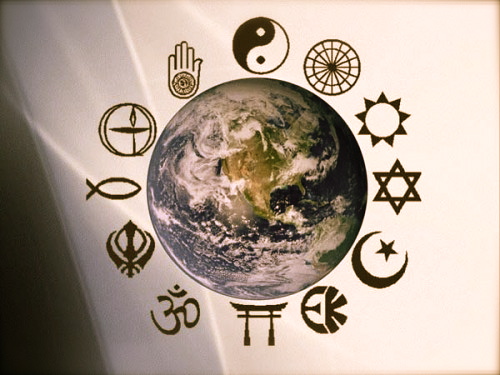
Religion, Spirituality and Global Governance: an International Interdisciplinary Conference
On Friday, May 4 and Saturday, May 5, the University of Oxford Centre for International Studies (CIS) hosted an international interdisciplinary conference, jointly convened by the Academic Council on the United Nations System (ACUNS), and the Centre for Sustainable Development & International Peace at the University of Denver. Featuring a variety of scholars and leaders in the field of peace and conflict studies, international development and theology, the conference aimed to “deepen the understanding of the paradoxical role of religion and spirituality in the contemporary social and political context, and its potential to shape global governance.” The first panel, entitled “Religion, Civilization and Globalization”, began with a presentation by Katharine Marshall, Senior Fellow at the Berkley Centre for Religion, Peace and World …

Afghanistan’s human rights gains are too precious to compromise
Compared to the Taliban era of the 1990s, Afghanistan has made impressive gains in the sphere of human rights, especially women’s rights. The Afghan constitution prohibits discrimination between citizens “whether man or woman”. Consequently, Afghan women have a visible presence in parliament, cabinet, civil administration and media. As pillars of civil society activism, they have played a crucial role in expanding female education across the country. For the moment, the Afghanistan Independent Human Rights Commission keeps the government under scrutiny and the country’s vibrant media promotes a culture of free enquiry in what is still a predominantly tribal society. What Afghanistan has been able to achieve in the middle of a war, with international help, was virtually unthinkable over a …
Resource control: Right or Privilege?
‘Resource control is a right. It is not a privilege’ -A member of a peaceful youth rally in the Niger Delta, from the film Sweet Crude. In the first couple of minutes of the opening of the film, Sweet Crude, director, Sandy Cioffi, discloses, ‘this is not the movie I intended to make’. She had travelled to the Niger Delta to film the building the Niger Delta Friendship Library, which was to serve as a ‘symbol of peace’ in the region. While traveling, visiting and listening to local voices, the true value of this library as an empty symbol was revealed. Sandy says, the ‘reality of their lives are far more complex than a community library. Knowing them would change …









